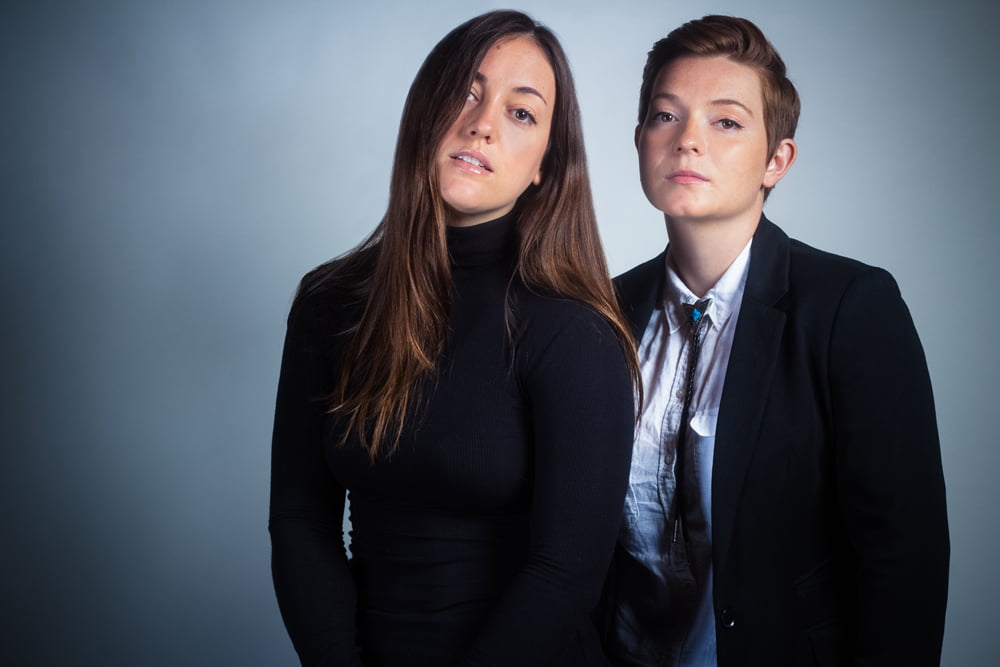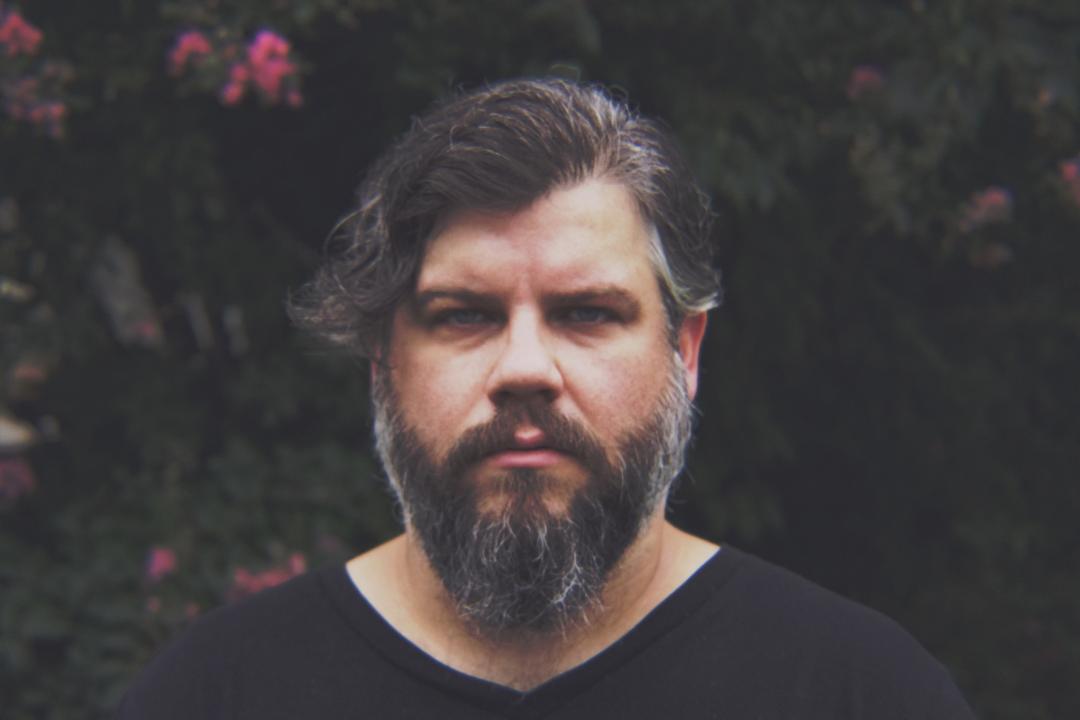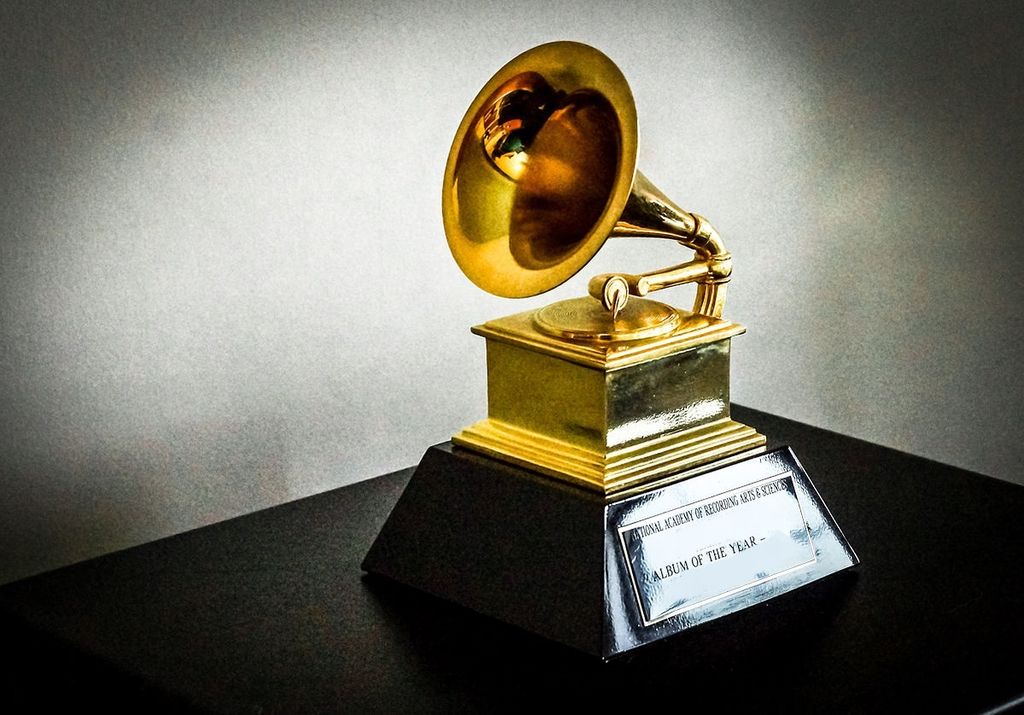“This is lucky number seven,” says Dave Wilson. He’s referring to Autumn, the new album by Chatham County Line, and it is in fact the seventh studio album by the Raleigh, North Carolina, blue-ish-grass outfit. For nearly 20 years, they have been touring and recording almost non-stop, combining the dexterous picking of Tarheel acoustic music with the accessibility of pop.
So Autumn serves as a fine point against which to measure their growth, as a band and as individual musicians. Their goal, Wilson says, is not merely to hone their technical skills — to pick more nimbly, to jam more efficiently, to solo more daringly. They continue to strive to play more expressively and to commune more closely with the music of their peers and their forebears alike. In that regard, Autumn shows them at the top of their game, gently updating decades-old traditions and putting their own spin on well-established ideas.
However, Wilson is quick to point out that the album title should not signal the band is slowing down at all. Rather than the winter of their career, they are simply harvesting seeds they planted long ago. “It’s been a great ride for us, all these years,” he says, “and we hope the fans discover us and discover through us other amazing records.”
Tell me about the album title. What made that word, in particular, sound so representative of the album for you?
The two sessions when we recorded it were separated by a year, and they both fell during Autumn months. There was just a feeling in the air and in the songs that really felt like that time of year, and I wanted to listen to it in that time of year. It’s such a great time of year, especially as Al Gore’s global warming tramps down the lane, I think the break from summertime is going to be such a relief. This year, especially — it’s going to be like magic. We really couldn’t wait for that to happen. Also, it’s just an awesome word: Autumn.
Did that idea or that feeling inform how you played or arranged these songs?
The mood was really achieved by where we worked and the time of year. We were up in Kernersville at Mitch Easter’s studio called the Fidelitorium. The leaves were on the ground. When you walked outside, you heard those great notes of feet shuffling on leaves. I think it subconsciously influenced every note that was played, but whether someone will put on this record and feel like it’s Fall remains to be seen. We waited and held on to this record for a long time just so it would come out at this time of year. We’ve put out the majority of our records in the Summer. If you see how we perform, in the suits and crowded around the microphone, it can get very hot and sweaty. We were hoping that Fall would have already broken when the album came out. We go up to the Northeast in November, and we’re already looking forward to that, breaking out the sweaters.
So you recorded the album in two sessions a year apart. Was it hard to pick up the thread with so much time in between?
We spent a lot of time on the road between sessions playing gigs and playing the new songs. We didn’t want to rush anything, even though we really worked über-hard on Tightrope. We recorded that album five separate times in different locations, some of it live, just onstage somewhere or in a studio. It was a grueling process, but it was a joy. As soon as these songs were ready, we wanted to go and record them in the studio. So, for the first session in 2014, for Autumn, we ran the tape and threw some ideas down. The songs were completely put down and mixed down, so you could listen to them in the downtime. It made a lot of sense to go back the next year when our calendar got free. We could go in using what we had learned through the year and, having written some new songs, we felt like we could flesh them out and make a whole album.
Is songwriting a collaborative effort in the group? Or are you bringing songs to the band yourself?
I definitely bring in songs in a pretty realized way, but then we work really hard arranging them and getting everybody on board with what they’re going to be playing on a night-after-night basis. At this stage in our careers, we realize that, if we record a certain song, we could end playing it on stage at every show from now until the end of time. So we really want to put care into what we’re doing. You want to play something that your 50-year-old self won’t mind getting down to.
This band has always had a very long game in our sights. I was in a hippie jam band in college and, one night, I realized that I didn’t want to be 45 years old and still singing those songs. It didn’t make any sense. So when this band got put together and we started working, I was proud of the fact that it felt like an old man could sing any of these songs and feel right at home.
Does that work with the songs you wrote early in your career, when the band was just starting out? Do those older songs still say something to your older self?
There’s definitely some cream-of-the-crop stuff that comes to the top — stuff that I feel still resonates for me and for audiences, as well. But there’s also some stuff that you’re not as proud of or you realize you could have put a little more effort into. It’s like when you’re making love for the first time — it can be very hurried. You look back on it in your later years and realize you could have done things very differently.
There are definitely songs like that you remember and you live with. Maybe when they were first recorded, we didn’t realize their potential or their staying power. It really helps to have an audience react and really fall in love with certain songs. It makes you look at it the way music is supposed to be looked at, which is from the outside — not as the writer or as the performer. It’s so much better to look at things through the eyes of the audience. With that in mind, there are songs that definitely went places we didn’t think they would go. There are songs that were written in five or 10 minutes that we still play every night. It’s a crazy world.
When we recorded “Chip of a Star" for the IV album, we put it first because we really liked the way it sounded. We didn’t think we would be playing this little two-chord song for the rest of our lives, but then people start using it in their personal lives. People got engaged listening to it. They got married and danced to it. It takes on a whole different meaning than the meaning it had when I sat down at the piano one day and wrote the words down. That’s one of the great things about songs: They have their own lives once they’re released into the wild. You never know what’s going to happen to them. That’s one of the most rewarding things about making music. We have no idea if people are going to like it or hate it. We like it. And who knows? Maybe a song will get used in a condom commercial and it will start to mean something completely different than we intended.
Does that change how you write songs, at this stage in your career?
We gave up a long time ago trying to write songs to a purpose or to please a certain faction of the audience. In our early years, it was all about the bluegrass Nazis who would shame the Avett Brothers in an elevator at the IBMAs. That has completely faded away, and people seem to be more accepting of everything. We feel great to be embraced by anyone because what we’re doing is just pure to ourselves. I don’t try to write songs about mom and dad and trains and the bluegrass songbook stuff. I just write what feels right to me for the words that come out of my mouth and the music that gets played on the instruments. Whatever people take and do with that is really their choice. It’s nice to have a career and have people respond to the music, but I know there are other musicians and other writers who don’t have that luxury.
That luxury sounds like something you have to work to achieve, not something that you obtain overnight. Is that part of the long game you were talking about?
A vast majority of music, let’s say 80 percent of huge songs and huge musical moments, are on people’s first or second albums — the stuff they made when they were 18 to 25. It’s crazy to think about what people achieve with such youth. It’s wild. We look at what we do as a crafter and, hopefully, we will get better at it through the years. We didn’t want to just come out in a huge blast and make a mark immediately.
Bluegrass does seem to be a genre that allows artists to develop in that way. On the other hand, the technical aspect of the music can potentially overshadow the aesthetic. Is that something you’re thinking about?
We’ve never really tried to study too hard what bluegrass was in 1946. We’re not trying to re-create that in this day and age because we never felt like that was what we were supposed to do. There are a few rock bands that adhere to the tenets of the Beatles, and they want everything to sound the same. They use the same instruments and have the same sounds, but the strangest thing for us is that we never really felt like we were really a bluegrass band. The longer we do this and the more we’re around, the more the heroes faded away, it does feel more and more like the word “bluegrass” does encompass us, but we didn’t feel like it did in the beginning.
I never really associated Chatham County Line with the bluegrass scene, to be honest. Maybe it’s because you’re on Yep Roc, which isn’t exactly Compass Records. Or maybe it’s because you were getting reviewed on Pitchfork. It just seemed like you were apart from that really traditional scene.
Like I said, we’re really just driven by songs and where they put us. That’s what we follow. I do worship at the feet of bands like the Earls of Leicester and the Del McCoury Band. What the Earls have done recently is amazing, and we’re so glad that they’re doing it. When you talk to those guys at a festival, those dudes are the real deal. We’re not real — at least not the way Charlie Cushman is real. We weren’t born in the mountains and trained in bluegrass from age four. We smoked dope in college and played in jam bands and we heard bluegrass and were like, "What the fig is this?" If you want to hear the traditional stuff, you can. You can go see the Earls or McCoury. We want to create music that reflects the modern times, if there’s a way to do that. I’m not using words like “cell phone” or “Internet” in a song, but it’s modern and filtered through the lens of classical instrumentation, which makes it very easy to travel.
Do you mean travel from one person to the next, the way a song travels? Or do you mean travel from one town to the next?
Going on the road. That’s the ultimate secret of Chatham County Line: We’re just doing this because it all fits in a minivan. No tour bus needed.
Is that something you’re thinking about when you’re recording?
Yes, because that is what we do. Studio albums should sound different from live performances. You can go on YouTube and watch any number of live versions of the tune. We want the record to be a little more fun. We’ve got some weird noises on there and some weird overdubs to make things interesting for posterity. We do realize that every single night we’re going to be up there playing these tunes. We do make a few mistakes along the way. A tune like “Show Me the Door,” the last song on the new album, is driven by the piano. We can’t push a piano up to the microphone. We did talk about it, though. Maybe a keytar or something would work. We’re not sponsored by Conway.
For more on bands who skirt the bluegrass edge, read our interview with the Infamous Stringdusters.
Photo courtesy of the artist



